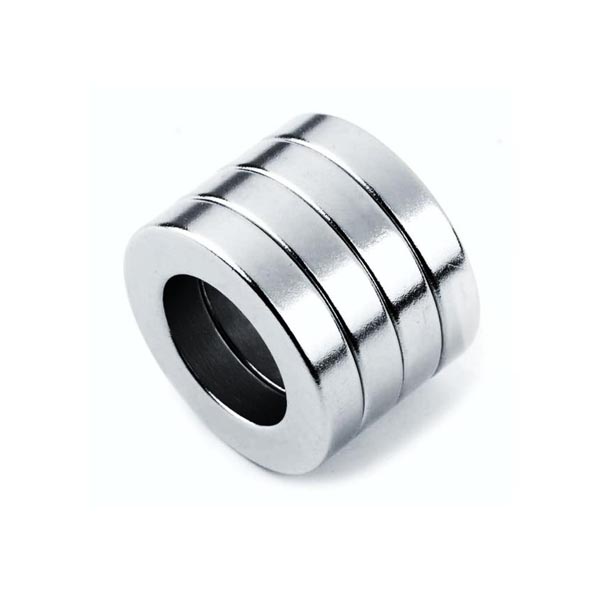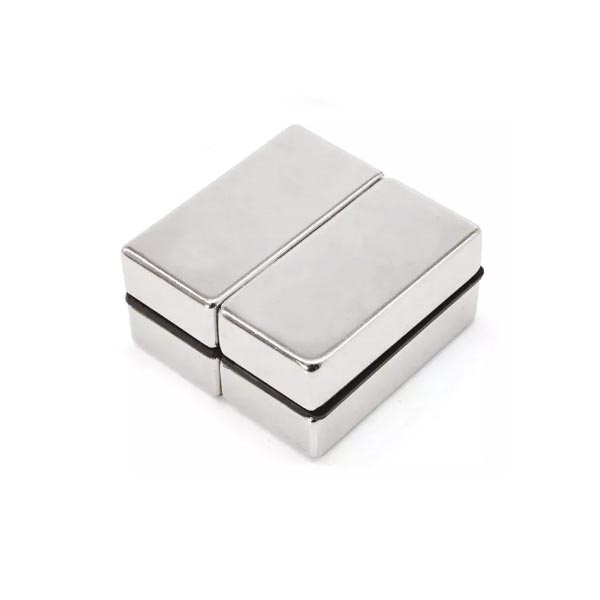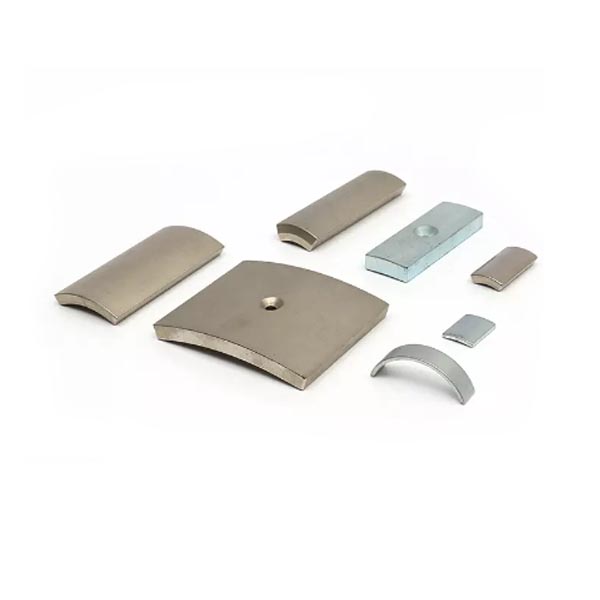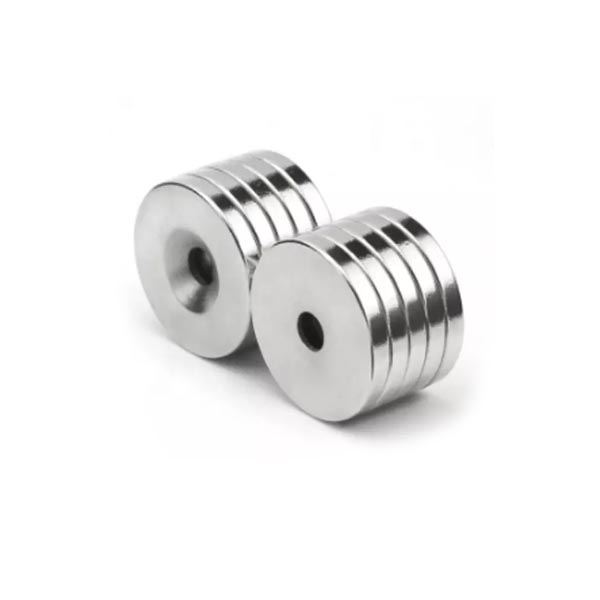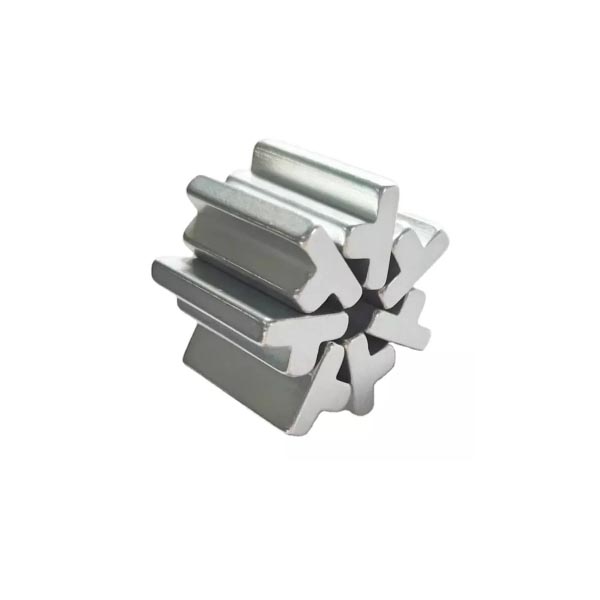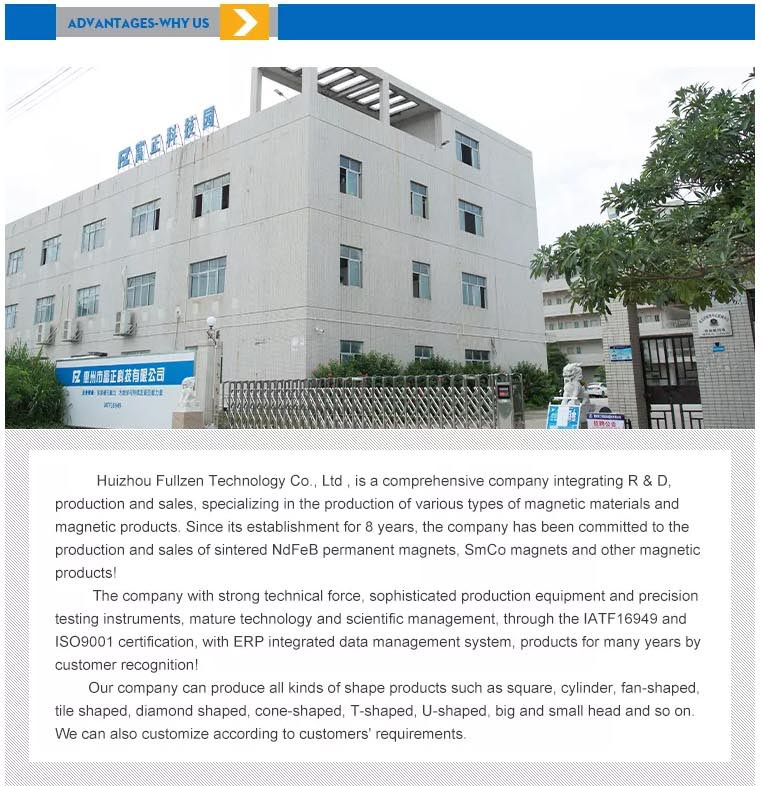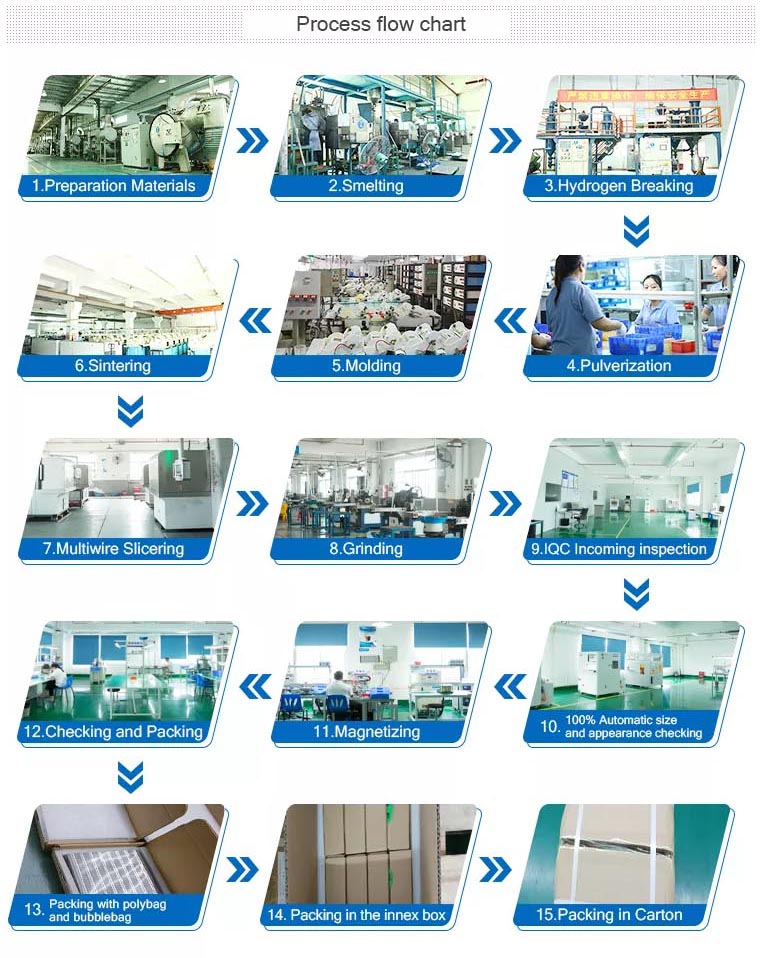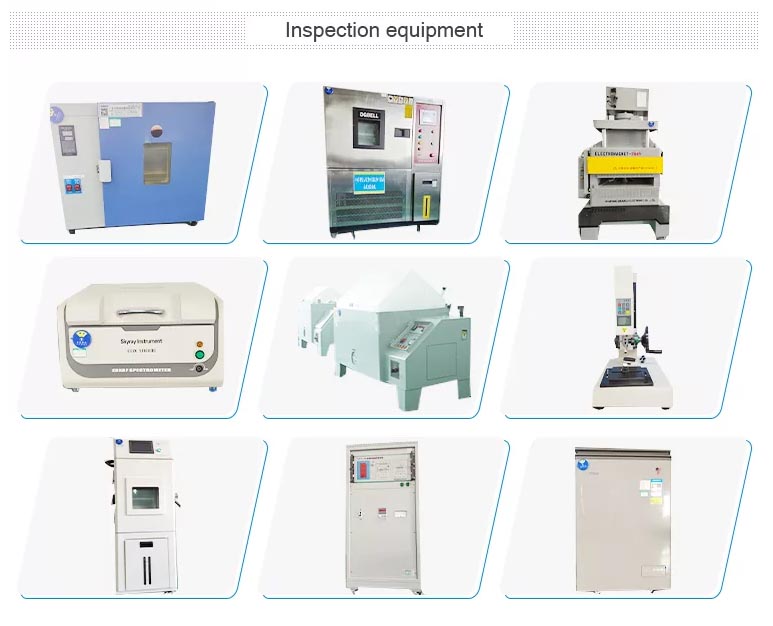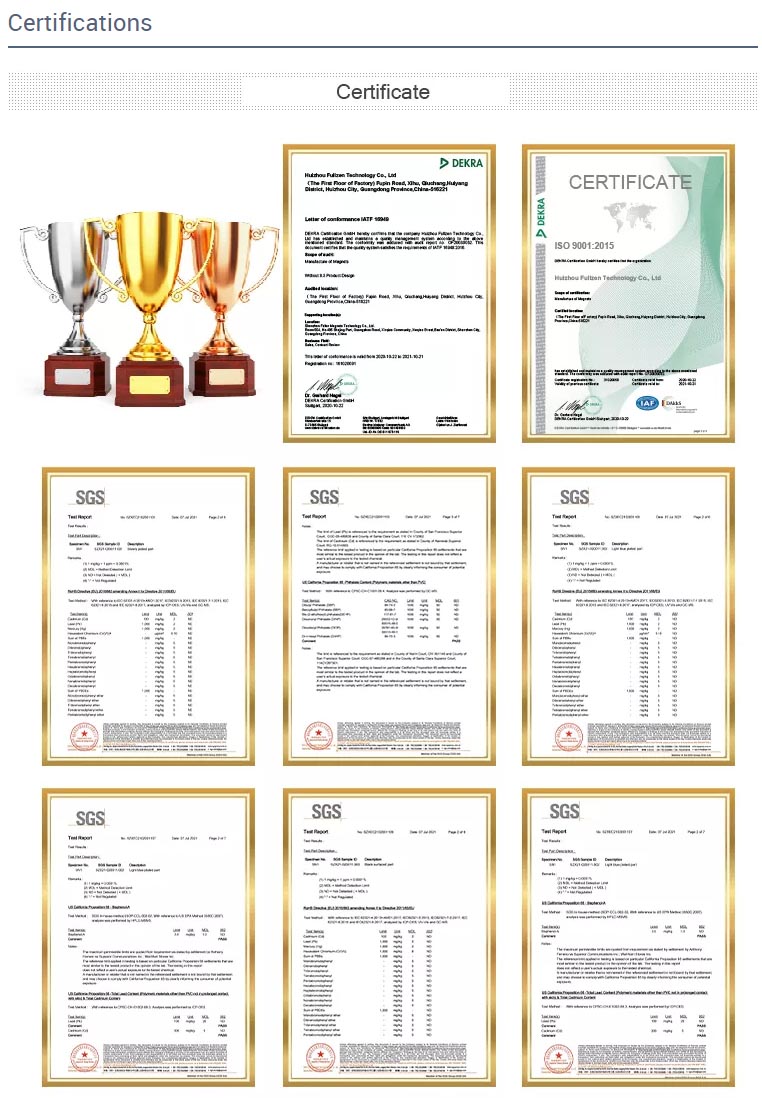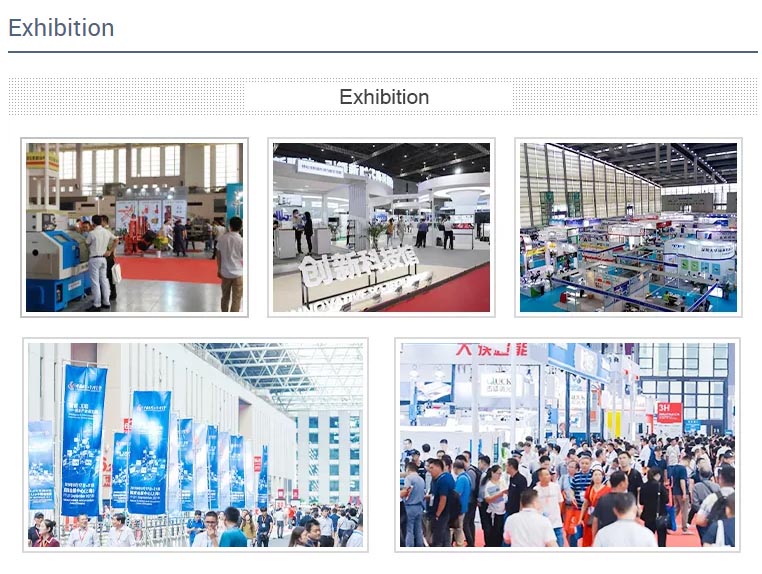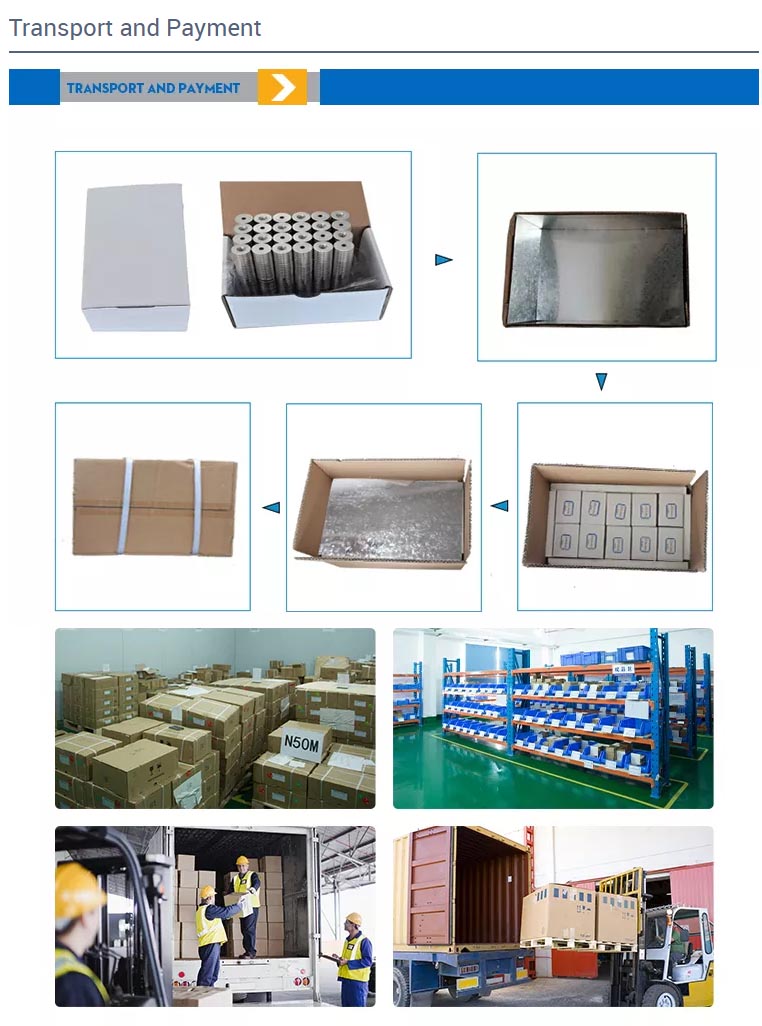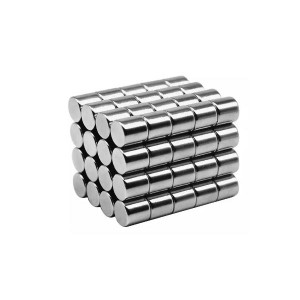
- English
- French
- German
- Portuguese
- Spanish
- Russian
- Japanese
- Korean
- Arabic
- Irish
- Greek
- Turkish
- Italian
- Danish
- Romanian
- Indonesian
- Czech
- Afrikaans
- Swedish
- Polish
- Basque
- Catalan
- Esperanto
- Hindi
- Lao
- Albanian
- Amharic
- Armenian
- Azerbaijani
- Belarusian
- Bengali
- Bosnian
- Bulgarian
- Cebuano
- Chichewa
- Corsican
- Croatian
- Dutch
- Estonian
- Filipino
- Finnish
- Frisian
- Galician
- Georgian
- Gujarati
- Haitian
- Hausa
- Hawaiian
- Hebrew
- Hmong
- Hungarian
- Icelandic
- Igbo
- Javanese
- Kannada
- Kazakh
- Khmer
- Kurdish
- Kyrgyz
- Latin
- Latvian
- Lithuanian
- Luxembou..
- Macedonian
- Malagasy
- Malay
- Malayalam
- Maltese
- Maori
- Marathi
- Mongolian
- Burmese
- Nepali
- Norwegian
- Pashto
- Persian
- Punjabi
- Serbian
- Sesotho
- Sinhala
- Slovak
- Slovenian
- Somali
- Samoan
- Scots Gaelic
- Shona
- Sindhi
- Sundanese
- Swahili
- Tajik
- Tamil
- Telugu
- Thai
- Ukrainian
- Urdu
- Uzbek
- Vietnamese
- Welsh
- Xhosa
- Yiddish
- Yoruba
- Zulu
- Kinyarwanda
- Tatar
- Oriya
- Turkmen
- Uyghur
Super Strong Neodymium Cylinder Magnet OEM Permanent Magnet | Fullzen Technology
Short Description:
Neodymium cylinder magnet is a shape in the neodymium magnet,under the continuous test of history, the neodymium magnet is the most powerful magnet in the world today. The only difference between a cylindrical magnet and a circular magnet is that it has a longer length, so this kind of magnets neodymium are also widely used. Fullzen is neodymium magnet factory specializing in the production of magnets in China. Under the control of machines and labor, we provide high-quality neodymium cylinder magnets at low prices. We have become a professional neodymium cylinder magnets factory by our customers. For questions about neodymium magnets, you can consult our staff, and we will answer them.
Product Detail
Company profile
Product Tags
Neodymium Ring Magnets
NdFeB magnets can be divided into bonded NdFeB magnets and sintered NdFeB magnets. Bonding is actually injection molding, while sintering is vacuum forming by high temperature heating. NdFeB magnets are the permanent magnets with the strongest magnetic force at room temperature so far (the magnetism is second only to holmium magnets at absolute zero, but the magnetism is far stronger than all known permanent magnets at room temperature). Various shapes can be processed according to specific requirements: round, square, perforated, magnetic tile, magnetic rod, convex, trapezoidal, etc.
Because the surface of the magnet is prone to rust, some protective surface treatment is usually required: nickel plating, zinc plating, gold plating, epoxy resin plating, etc. The applicable ambient temperature of ordinary NdFeB magnets is below 80 degrees, and the Curie temperature is 320-380 degrees.Our magnet products can be found in many parts of the world, such as: wind turbines, DC motors, 3C electronic products and smart furniture, etc.
We sell all grades of strong neodymium ring magnets, custom shapes, sizes, and coatings.
Fast Global Shipping: Meet standard air and sea secure packing, More than 10 years of export experience
Customized is Available: Please offer a drawing for your special design
Affordable Price: Choosing the most suitable quality of products means effective cost savings.

FAQ
Magnets can fail or experience a loss of their magnetic properties due to various factors. These factors can lead to reduced magnetization, altered magnetic fields, or complete demagnetization. Here are some common causes of magnet failure:
- Temperature
- External Magnetic Fields
- Mechanical Stress
- Corrosion
- Aging and Time
- Poor Manufacturing Quality
- Incorrect Storage
- Electromagnetic Fields
- Improper Handling
The temperature at which magnets stop working or lose their magnetic properties depends on the type of magnet material. Each magnet material has a specific Curie temperature, which is the temperature above which the material loses its permanent magnetization and becomes paramagnetic (non-magnetic).
Here are the Curie temperatures for some common magnet materials:
- Neodymium-Iron-Boron (NdFeB)
- Samarium-Cobalt (SmCo)
- Alnico
- Ferrite (Ceramic)
It's important to note that while the Curie temperature indicates the point at which a magnet loses its permanent magnetization, the strength of the magnet may start to decline well before reaching this temperature. Additionally, exposure to temperatures near the Curie temperature for extended periods can lead to irreversible degradation of the magnet's properties, even if it's not fully demagnetized.
Yes, magnets can become stronger when cold, or more accurately, when exposed to lower temperatures. The magnetic properties of a magnet are influenced by temperature, and in some cases, lower temperatures can lead to an increase in magnetic strength. This effect is most notable in certain magnet materials, such as neodymium-iron-boron (NdFeB) magnets.
Your Custom Custom Neodymium Magnets Project
Fullzen Magnetics has more than 10 years of experience in the design and manufacture of custom rare earth magnets. Send us a request for quote or contact us today to discuss your project's specialty requirements, and our experienced team of engineers will help you determine the most cost effective way of providing you with what you need.Send us your specifications detailing your custom magnet application.












